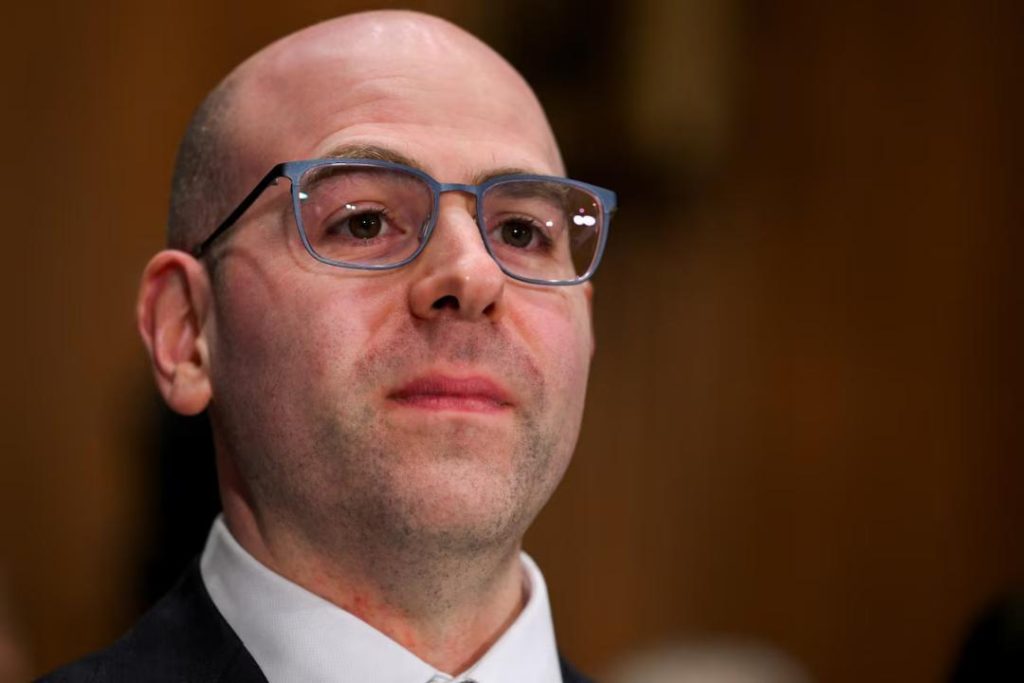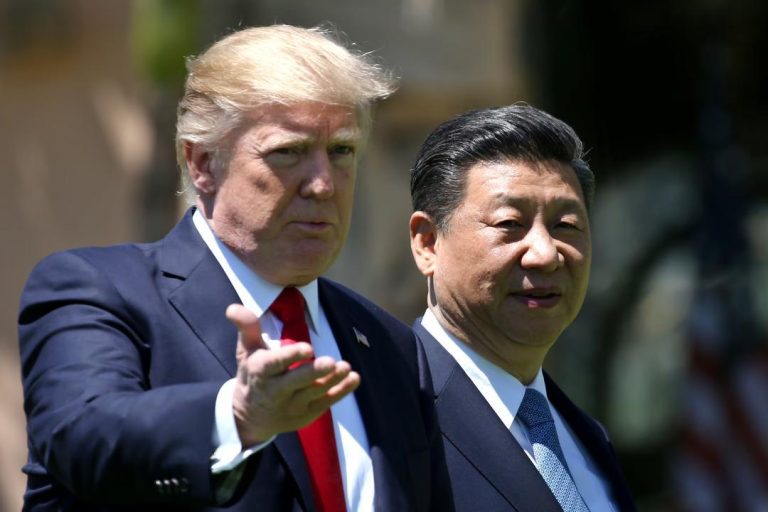
Who is Stephen Miran, the Brain Behind Trump’s Tariffs?
In a move that has sent shockwaves across the global economy, the United States has imposed tariffs on billions of dollars’ worth of goods from China and other countries. The reciprocal tariffs, announced by US President Donald Trump, are part of his administration’s efforts to level the playing field and protect American industries. But who is the mastermind behind this strategy? Meet Stephen Miran, the Chairman of the Council of Economic Advisers at the White House, who has been instrumental in shaping the Trump administration’s tariff policies.
Miran, a renowned economist with a PhD in economics from Harvard University and a BA from Boston University, has a reputation for being a brilliant thinker and strategist. Prior to joining the Trump administration, he was a senior fellow at the Manhattan Institute, a think tank that focuses on urban and economic policy. He was also a senior strategist at Hudson Bay Capital, a private equity firm, and a senior advisor at the US Treasury.
So, what makes Miran the perfect candidate to advise the Trump administration on trade policy? His impressive academic credentials and extensive experience in the field of economics, combined with his ability to think outside the box, have made him an invaluable asset to the administration.
Miran’s involvement in the tariff debate began when he was appointed as the Chairman of the Council of Economic Advisers in 2019. The council, which advises the President on economic issues, has been instrumental in shaping the administration’s trade policy. Miran’s expertise in international trade and his ability to analyze complex economic data have made him a key player in the tariff debate.
Under Miran’s guidance, the Trump administration has imposed tariffs on over $360 billion worth of Chinese goods, including electronics, clothing, and furniture. The tariffs, which are meant to level the playing field and protect American industries, have had a significant impact on the global economy. China, in response, has imposed tariffs on over $110 billion worth of US goods, including soybeans, aircraft, and automobiles.
But Miran’s involvement in the tariff debate goes beyond just imposing tariffs. He has also been instrumental in shaping the administration’s broader trade policy, including its negotiations with China and other countries. His expertise in international trade has helped the administration to negotiate better deals for American businesses and workers.
So, what are Miran’s qualifications to advise the Trump administration on trade policy? His impressive academic credentials, combined with his extensive experience in the field of economics, make him an expert in international trade and tariffs.
Miran’s academic background is impressive, to say the least. He earned his PhD in economics from Harvard University, one of the world’s most prestigious universities. His thesis, titled “The Impact of Foreign Direct Investment on Economic Growth,” was praised by his peers and professors for its originality and depth.
In addition to his academic credentials, Miran has also gained valuable experience in the field of economics. He has worked as a senior fellow at the Manhattan Institute, a think tank that focuses on urban and economic policy. He was also a senior strategist at Hudson Bay Capital, a private equity firm, and a senior advisor at the US Treasury.
Miran’s expertise in international trade has been recognized by his peers and colleagues. He has been a frequent speaker at economic conferences and has published numerous papers on international trade and tariffs.
In conclusion, Stephen Miran is the brain behind Trump’s tariffs. His impressive academic credentials, combined with his extensive experience in the field of economics, make him an expert in international trade and tariffs. His involvement in the tariff debate has been instrumental in shaping the Trump administration’s trade policy, and his expertise in international trade has helped the administration to negotiate better deals for American businesses and workers.





